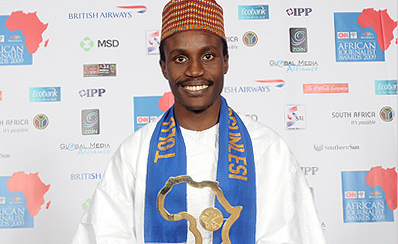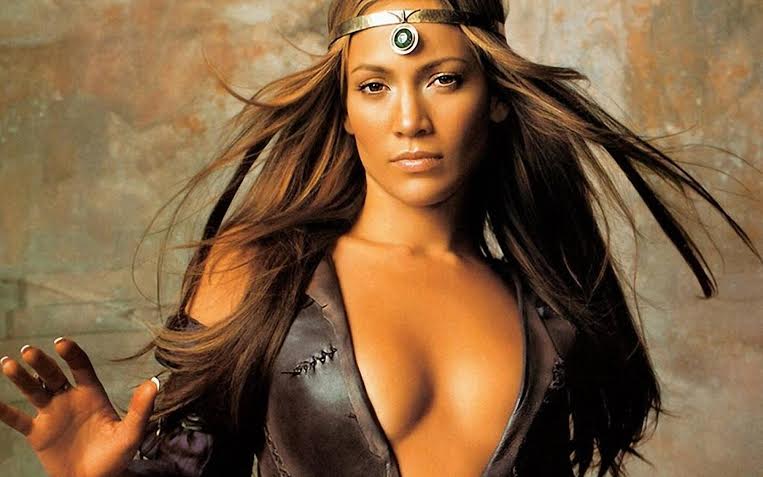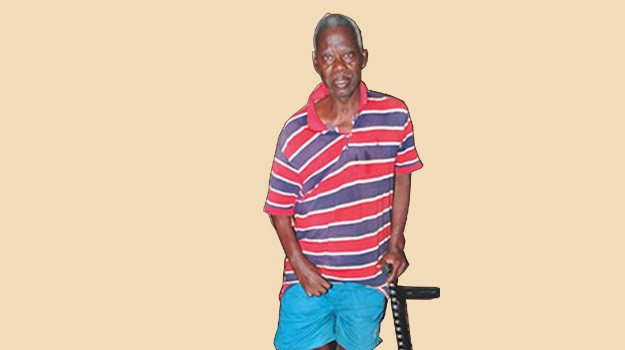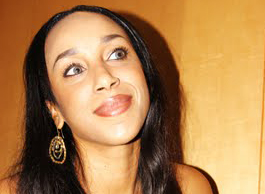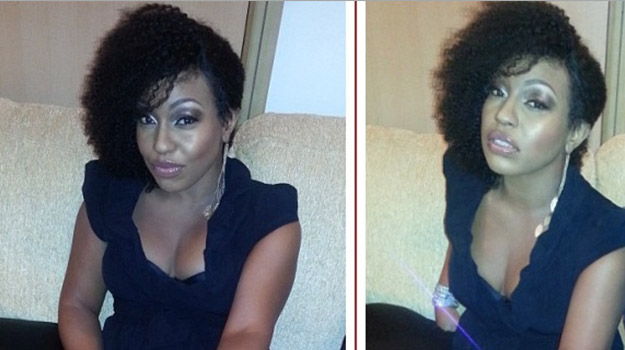Tolu Ogunlesi, born in 1982, is a multiple award winner – notably CNN Multichoice African Journalism Prize (Arts & Culture); Cadbury Writing Fellowship, Centre for West African Studies, University of Birmingham, England; and Guest Writing Fellowship, Nordic Africa Institute, Sweden. He holds a Bachelor of Pharmacy (B. Pharm) from the University of Ibadan and an MA in Creative Writing, University of East Anglia, UK. The poet, author, photographer, journalist and dreamer tells TheCable a bit about himself
Been there. Done that. Won all the awards. What next for Tolu Ogunlesi?
Advertisement
More writing, reporting, travelling, exploring my interests in digital media, and somewhere down the line, politics.
A pharmacist doing well in journalism. Would journalists also make good pharmacists?
Well, pharmacists often have to do a lot of talking, counselling patients and asking questions, and in clear and unambiguous language too. And a lot of reading as well. Sounds to me like something journalists are also expected to do. So while you might not necessarily expect them to effortlessly swap places, both professions do know a bit about the other side, it seems.
Advertisement
Is the traditional journalist on the verge of fossilisation?
That appears to be the case. Or better still, let’s see it this way, the nature of ‘traditional’ journalism is changing; digital and multimedia journalism are quickly becoming entrenched as tradition. The traditional journalist therefore has to adapt fast and constantly, to remain traditional. So the traditional journalist is only on the verge of fossilisation to the extent that s/he allows herself to be. Does that make sense?
Is freelance journalism worth the trouble?
I think that question can generally be expanded into: ‘Is any journalism worth all the trouble?’ That the question instantly calls for careful consideration says a lot about the possible answers. Journalism can be hard, lonely, difficult, unrewarding work, when you take away the occasional acclaim and satisfaction that comes from producing something that makes itself felt in the world. And sometimes people get bored, and want to move on to other things. I can’t answer the question with a YES or a NO, but I can say confidently that it’s a question that will not be going anywhere anytime soon.
Advertisement
What’s the secret behind your rise and rise and rise?
I don’t know if I agree with that summary. From where I stand it doesn’t feel that way. There’s so much I would like to still do and achieve that I haven’t.
People these days comment on articles they’ve only seen the headline. Is that the future of reading?
It’s actually not new. It’s been happening at newsvendors’ stands in Nigeria since the beginning of time. Members of the Free Newspaper Readers Association generally base their lengthy discourses on the front page of newspapers – which is all they’re allowed access to. Online, it’s quite disturbing, actually. Websites will need to start exercising more discretion regarding commenting. The current situation of anything-goes should not be tolerated for much longer.
Advertisement
Our youths talk too much, don’t they?
Well, I wouldn’t say so. Human beings talk, that’s one of the things that distinguishes us from other animals. As the platforms for encouraging ‘talk’ proliferate, talk itself will follow. We have only just started.
Advertisement
What are you doing to change the world?
Writing, dreaming, travelling, thinking.
Advertisement
You like music and movies, don’t you?
I love seeing movies in cinemas; I almost never watch any on my computer. For music on the other hand, I prefer listening on a device to live appearances; unless of course it’s owambe music; the kind that creates a conducive environment for spraying money. Regarding favourites, that’s an impossible question to answer. I don’t have any must-see actors or directors; I generally watch anything that catches my fancy at the time.
Advertisement
By the last count, you’ve been to how many countries?
Not that many – about 20. I keep returning to the countries I have visited. I consider that a rather unfortunate thing. I have never been to Asia, or to North Africa; that needs to change soon.
Is Nigeria actually 100 or 53?
That’s a tough question. I’m here wondering: What if Nigeria, like the Beautyful Ones, has not yet been born?
What’s Nigeria’s future like?
For me there are two main scenarios – a future much better than this, or one in which we still continue to wallow in our multiple dysfunctions. My biggest fear, as I like to say, is not that Nigeria will fall apart (even though lately I have started to wonder about the possibilities of a Nigeria that allows its constituent nations to determine whether they want to stay or not), but that it will stay the same; that in 2050 we will still be struggling with 10,000MW of electricity for 400 million people.
Add a comment
